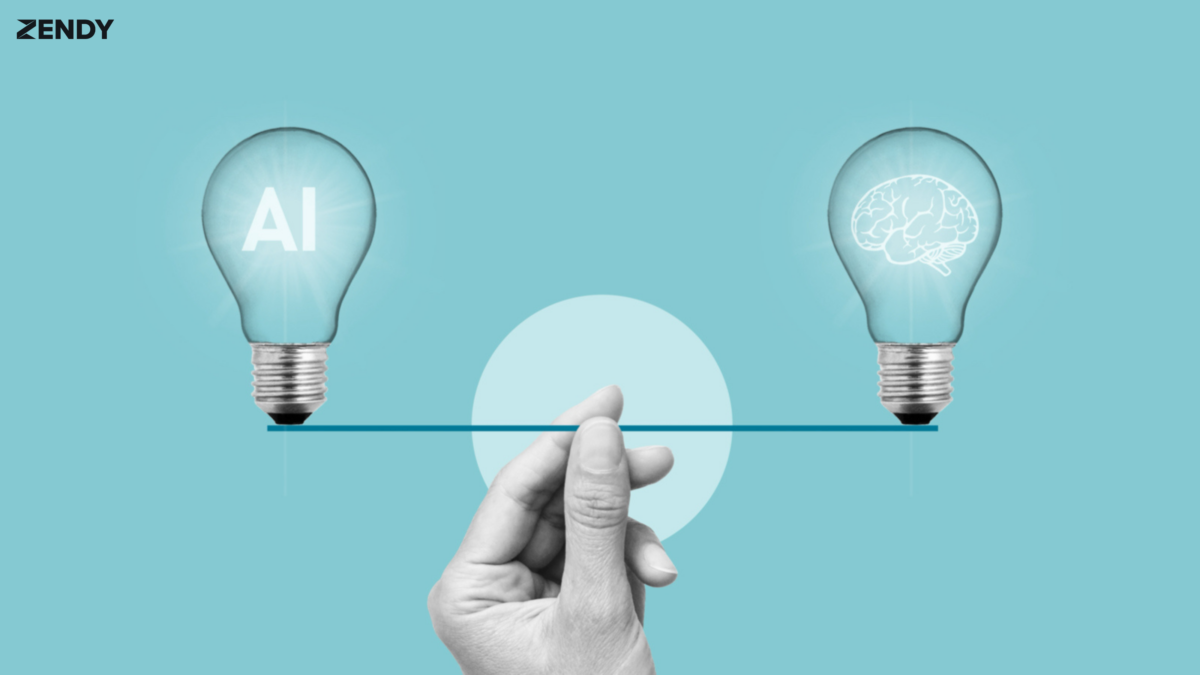
AI in libraries is making some tasks quicker and less repetitive. However, even with these advances, there’s something irreplaceable about a librarian’s judgment and care. The real question isn’t whether AI will take over libraries, it’s how both AI and librarians can work side by side.
How AI Helps in Libraries
According to Clarivate Pulse of the Library 2025 survey, among 2,000 academic library professionals globally, many said they don’t have enough time or budget to learn new tools or skills, a challenge made even harder as global digital content is projected to double every two years.
Here’s where AI tools for librarians prove useful:
- Cataloguing: AI can scan metadata and suggest subject tags in minutes.
- Search: Smarter search systems help students and researchers find relevant materials without digging through dozens of irrelevant results.
- Day-to-day tasks: Think overdue notices, compiling basic reading lists, or identifying key sources and trends to support literature reviews. This is where library automation with AI comes in handy.
Instead of replacing people, these tools free up time. A librarian who doesn’t have to spend hours sorting through data can focus on supporting students, curating collections, analysing usage statistics to make informed decisions or tracking resource usage against budgets.
Where Human Expertise Still Matters
AI is fast, but it’s not thoughtful. A student asking, “I’m researching migration patterns in 19th-century Europe, where do I start?” gets much more from a librarian than from a search algorithm. Librarians bring context, empathy, and critical thinking that machines can’t replicate.
This is why human-AI collaboration in libraries makes sense. AI takes care of the routine. Humans bring the nuance. Together, they cover ground neither could manage alone.
Finding the Balance
So how do libraries get this balance right? A few ideas:
- Think of AI as a helper – not a replacement for staff.
- Invest in training – librarians need to feel confident using AI tools and knowing when not to rely on them.
- Keep the focus on people – the goal isn’t efficiency for its own sake, it’s about better service for students, researchers, and communities.
Final Thoughts
By using AI to handle routine administrative tasks like cataloguing, managing records, or tracking resource usage, librarians free up time to focus on the part of the job that drew them to this profession in the first place: supporting researchers and students, curating meaningful collections, and fostering learning. Combining the efficiency of AI in libraries with the expertise of librarians creates a future where technology supports the human side of education.
